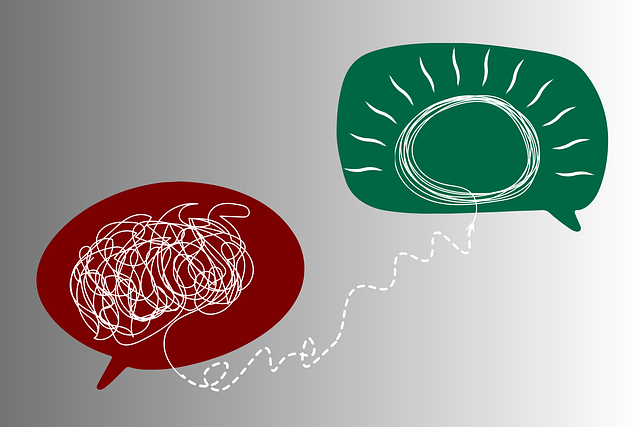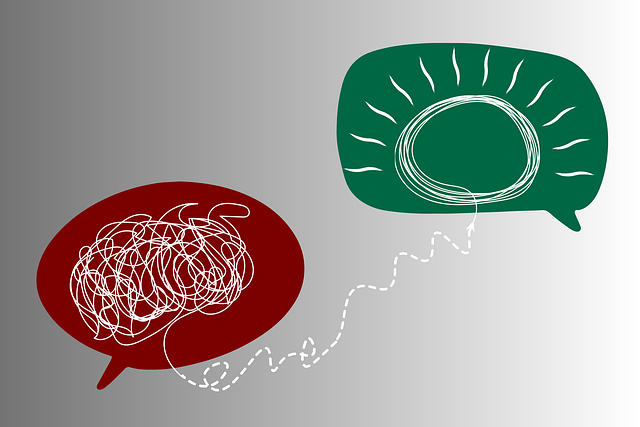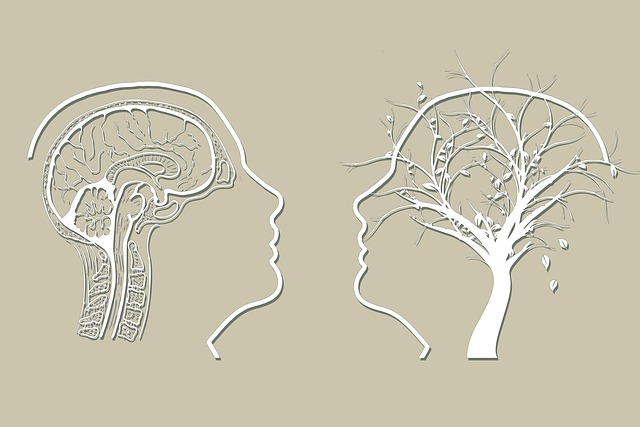Developing a marketing strategy for mental wellness apps tailored to Russian-speaking children involves addressing cultural and linguistic barriers. The app should emphasize empathy, cultural competency, and self-esteem improvement techniques sensitive to their specific challenges, such as acculturation and family dynamics. By focusing on "Therapy for Children Russian Speaking" and leveraging digital platforms, SEO, and partnerships, the app can differentiate itself in a growing market. Advanced algorithms, gamification, peer support, and mental health education enhance accessibility, comfort, and user retention.
In today’s digital age, mental wellness apps offer a promising avenue for addressing the unique challenges faced by Russian-speaking children. This article delves into a comprehensive marketing strategy development for mental wellness apps specifically tailored to this demographic. We explore key aspects, from understanding the specific needs of Russian-speaking children to leveraging digital platforms and partnerships for maximum reach. By focusing on personalization, engagement, and supportive experiences, we aim to enhance access to therapy for children in Russia.
- Understanding the Target Audience: Russian-Speaking Children and Their Unique Needs
- The Rise of Mental Wellness Apps: A Market Overview
- Creating a Niche Strategy: Targeting Children's Mental Health in Russia
- Key Marketing Channels for Maximum Reach: Digital Platforms and Partnerships
- Personalization, Engagement, and Support: Designing an Effective App Experience
Understanding the Target Audience: Russian-Speaking Children and Their Unique Needs

Understanding the unique needs of Russian-speaking children is essential when developing a marketing strategy for mental wellness apps. This demographic often faces cultural barriers and language differences when accessing traditional therapy services, which can lead to delays in receiving necessary support. Russian-speaking children may have specific challenges related to acculturation, family dynamics, and educational environments that impact their mental health. Therefore, an app tailored to their needs should incorporate empathy-building strategies sensitive to these cultural nuances.
Marketing efforts should emphasize the app’s ability to bridge the gap between these children and mental healthcare services. By promoting strategies that foster cultural competency among healthcare providers, the app can ensure a more inclusive and effective therapy experience. Additionally, focusing on self-esteem improvement techniques that resonate with Russian-speaking youth can enhance engagement and encourage open communication about mental wellness.
The Rise of Mental Wellness Apps: A Market Overview

In recent years, there has been a significant surge in the popularity and adoption of mental wellness apps, reflecting a growing awareness and demand for accessible, on-the-go psychological support. This trend is particularly notable among younger generations who are increasingly comfortable with digital solutions for their mental health needs. The global mental wellness app market is expected to reach substantial values by 2025, underscoring the immense potential of this sector. These apps cater to a wide range of users, from individuals seeking stress management techniques and emotional well-being promotion to those requiring therapy for children, even in niche languages like Russian speaking communities.
With the increasing recognition of mental health as a paramount concern, developers are focusing on creating innovative tools that offer personalized experiences. Features such as virtual therapy sessions, mood tracking, mindfulness exercises, and community support groups have become commonplace, ensuring users receive comprehensive care. Moreover, there is a growing emphasis on integrating conflict resolution techniques and risk assessment tools for mental health professionals within these apps to enhance their effectiveness and ensure user safety.
Creating a Niche Strategy: Targeting Children's Mental Health in Russia

In the competitive mental wellness app market, a niche strategy focusing on children’s mental health in Russia can set your application apart. With a significant number of Russian-speaking children facing various mental illnesses, there is a pressing need for accessible and tailored therapy solutions. By targeting this specific demographic, your app can contribute to much-needed mental illness stigma reduction efforts while offering emotional healing processes designed for young minds.
This strategy involves understanding the unique cultural context and challenges faced by Russian children regarding their mental well-being. Incorporating features that address language barriers and cater to the nuances of Russian culture will be key. For instance, providing therapy in the native language can significantly enhance user engagement and self-esteem improvement. This approach not only ensures effective communication but also fosters trust and encourages open discussions about mental health.
Key Marketing Channels for Maximum Reach: Digital Platforms and Partnerships

In today’s digital era, reaching a wide audience, especially when targeting specific demographics like Russian-speaking children and their families, is made possible through strategic marketing on digital platforms. Social media networks, search engine optimization (SEO), and online partnerships are powerful tools to create awareness about mental health services tailored for children. By leveraging these channels, the app can gain significant exposure and attract its target audience. For instance, creating engaging content around Mental Health Awareness and Emotional Healing Processes specifically designed for children in the Russian-speaking community can generate interest and trust.
Partnerships with established organizations focused on Self-Esteem Improvement or mental health initiatives catering to diverse communities can further expand reach. Collaborating with schools, cultural centers, or community groups ensures that the app gains visibility among those who need it most. This multi-faceted approach maximizes exposure, allowing for better accessibility and potential downloads from families seeking therapy for their children.
Personalization, Engagement, and Support: Designing an Effective App Experience

In today’s digital age, mental wellness apps offer a unique and accessible approach to supporting individuals’ emotional well-being, particularly when tailored to specific needs like those of children speaking Russian. Personalization is key; apps can utilize advanced algorithms to adapt content and recommendations based on user preferences and cultural backgrounds. For instance, incorporating therapy sessions in the native language enhances accessibility and comfort, ensuring effective communication. Engagement strategies such as gamification elements or interactive tools designed with children’s interests in mind can foster a fun yet therapeutic experience.
Furthermore, building a sense of community within the app through peer support groups or mentorship programs can significantly impact long-term user retention and satisfaction. Implementing features that encourage open dialogue, shareable milestones, and positive affirmations creates a safe space for users to connect and draw strength from one another. Incorporating compassion cultivation practices and mental health education programs design into the app’s curriculum not only provides valuable tools for anxiety relief but also empowers users with lifelong skills for emotional resilience.
In conclusion, developing a marketing strategy for mental wellness apps tailored to Russian-speaking children requires a nuanced approach. By understanding their unique needs and leveraging digital platforms, partnerships, and personalized experiences, developers can effectively reach this underserved market. Targeting children’s mental health in Russia with specialized therapy solutions not only addresses a growing concern but also offers a competitive edge in the app ecosystem. Through strategic planning and creative execution, mental wellness apps can become powerful tools to support Russian-speaking youth, enhancing their overall well-being.













